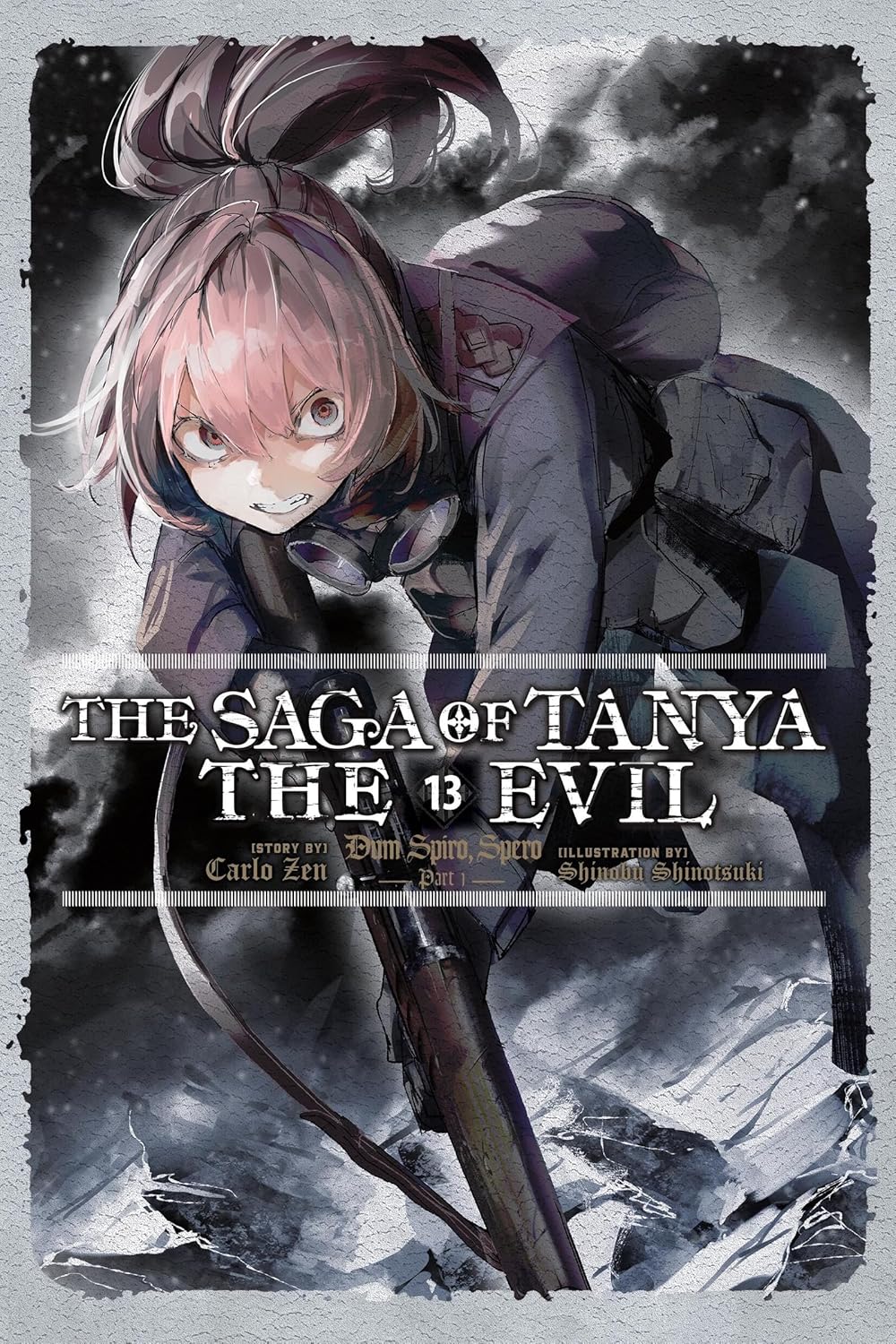By Kana Akatsuki and Suoh. Released in Japan as “Shunka Shūtō Daikōsha” by Dengeki Bunko. Released in North America by Yen On. Translated by Sergio Avila.
Last time I mentioned that everyone in this book is an abuse survivor, and in this book it becomes even more clear that our heroes are all either children or traumatized when they were children, and the bad guys are adults who are seeking to manipulate them for their own ends. It even spells this out literally, with the leader of Doyen Turtle says how good it is that the Agents are young and easily manipulable. The kid we briefly saw in the last book is no exception, and the biggest plot twists revolve around making him have a complete nervous breakdown because of his powers and things he had no control over. Thankfully, the Agents and their Guards are all much better at this than the last arc,. and things actually go swimmingly… OK, partly as even the “good” adult characters are also manipulating everything behind the scenes. A lot of the main characters end up in romantic relationships, and there’s a reason for that – when you can only trust one or two people, you stick with them.
Picking up where we left off, the Agents of Summer are up on the mountain, and have met up with the Archer of Twilight. The other Agents and Guards are on their way there, but are being blocked by the usual insurgents and traitors, because we still have a battle between two organizations, one of whom wants (theoretically) to protect the agents and one who wants to “replace” them all. And then there’s Ruri and Ayame’s fiances, who are also on their way to the mountain… and it turns out Ruri’s fiancee is actually head of the “protect” organization. They both really love their fiancees, something they hope they can convey after all hell breaks loose. Oh yes, speaking of fiancees, Sakura gets a marriage proposal from Hinagiku’s brother, which would keep Hinagiku safe but make Sakura’s life a nightmare. She is, of course, considering it, because EVERYONE in this series hates themselves.
A lot of the back half of this is an action movie, so forgive me if I talk about the couples a bit more. We learn a lot more about Raicho here, who seems to be someone you would not want to trust. He’s never had a girlfriend longer than three months, and regards love as something he doesn’t want to bother with… till he meets Ruri. Ruri is his OTP, even if they get off on the wrong foot, and it brings out… not the best in him. There really aren’t any sweetness and light relationships in this series. But it does arouse his protective instincts. As for Eken, the cause of most of the “mountain” plot, he gets the plot twists, and they’re very good, forcing us to re-evaluate everything we’d been told – and then do it again later. He might be a bit annoying, but given that he’s been super traumatized and is having guns pointed at him, who can blame him?
So things are temporarily safe again, and Summer Is Icumen In, or at least getting married. The next book in the series is, finally, a stand alone, dealing with the other Archer, who we only briefly saw in this arc. Hopefully it will be less fraught. Please keep these poor kids happy, I beg you.


